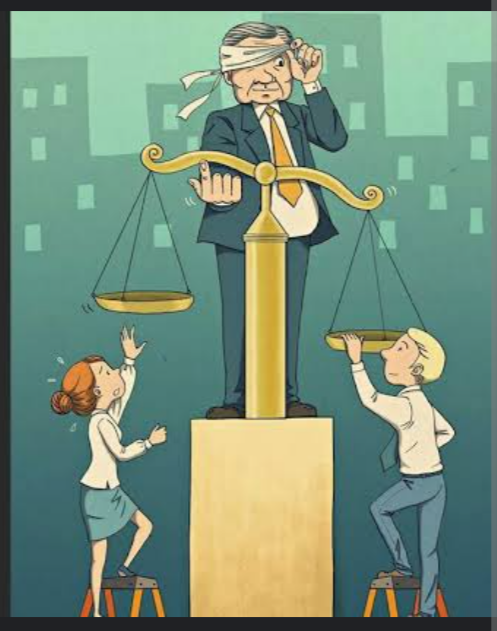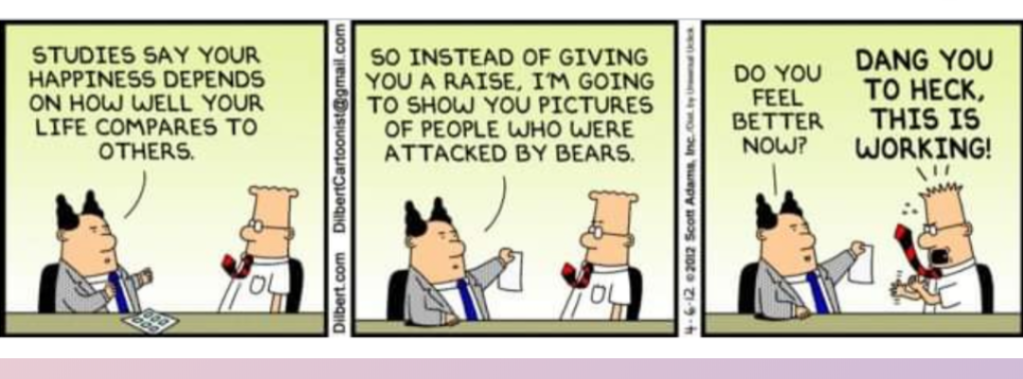
Ever scrolled through your Facebook feed and felt like everyone else has it all together? Everyone else has a big house, a stable job, high qualification, recognition from friends and followers aur has a partner for life. Do you ever question yourself why you have to feel so lonely? Why do you need to live a life that has so many problems? Why are you the only one who is unhappy? 🤔💭
At some point of our life, somehow we all feel deprived.
May it be in tangible items like money, cars, house, jewellery, accessories Or the other intangible items like status, rights, responsibilities, friendship, acceptance or even love.
What if I told you that feeling has a name – ever heard of relative deprivation? It’s that sneaky sense of discontent that creeps in when we compare our behind-the-scenes with everyone else’s highlight reels. But here’s the kicker: it’s not just you. We all do it, and understanding it can be a game-changer. Let’s dive into the world of relative deprivation on social media, where perceptions and realities collide in the most unexpected ways.
Relative deprivation can be considered as the feeling or perception of being deprived that an individual believes they are entitled to. It especially happens when we compare ourselves with others. And in our mind it creates a sense of injustice, inequality and resentment. According to the psychologist W. C. Runciman, egoistic deprivation happens at an individual or selfish level where the fraternalistic deprivation is mainly associated with negative social comparison.
During 1949, the theory of relative deprivation was developed by Samuel Stouffer who studied the attitude of the soldiers of World War II. The group of soldiers mainly consist of the Air force officers, military and police personnel who look forward to getting a promotion. The study shows that the Air force people get more promotion than the military and police while the Air force officer thinks they are being discriminated against by the government.
Another psychologist Robert k. Merton also noticed that we tend to feel deprived when we compare others with our own condition. The others are broadly known as the reference group with whom we can connect or relate ourselves at social level mainly at our occupation and education. In some cases, this particular theory can be applied to the historical phenomena like the civil rights movements, however in most of the cases it happens at the grassroot level of the individual mind.
Ted Gurr, a prominent psychologist also says that the main reason for relative deprivation is the obstacles we encounter at the journey of our life. We inherently feel deprived and not able to take a stand for ourselves even when we know we deserve something. This creates a sense of equality and injustice within the society and nurturing this feeling without any hesitation can develop a frustration aggression mechanism in our mind that leads to political violence.
Relative deprivation is not something to be ashamed of; it’s a common human experience. Recognizing and addressing it can be empowering. By understanding that these feelings are a natural response to social comparisons, you can take proactive steps to manage them. Embracing this understanding fosters personal growth and resilience, allowing you to focus on your own journey rather than comparing it to others. Remember, acknowledging relative deprivation is the first step toward overcoming it and building a more fulfilling and contented life.

The images belong to the truthful owners.